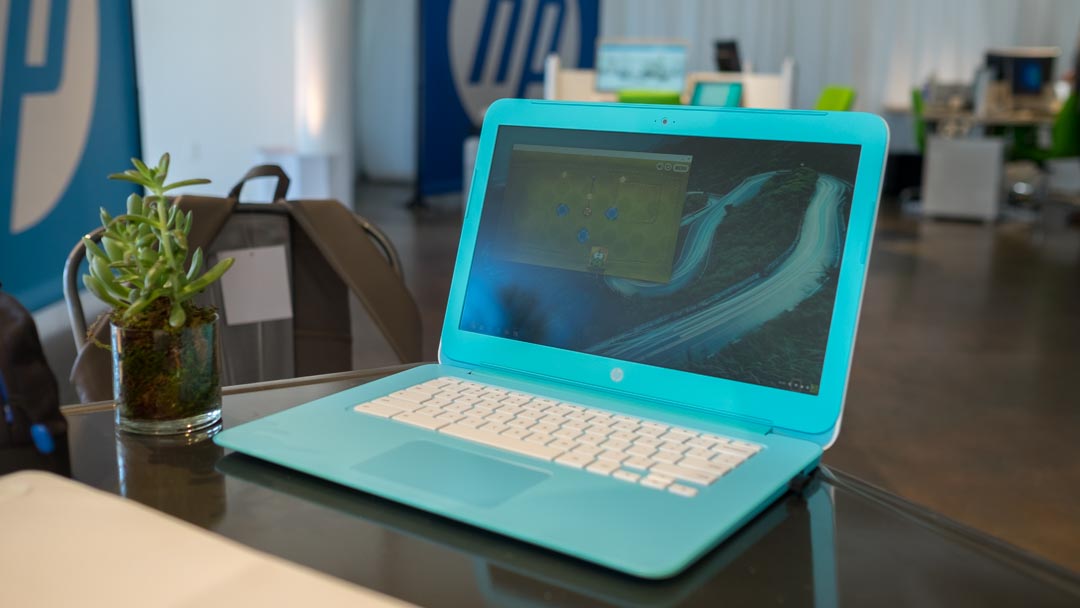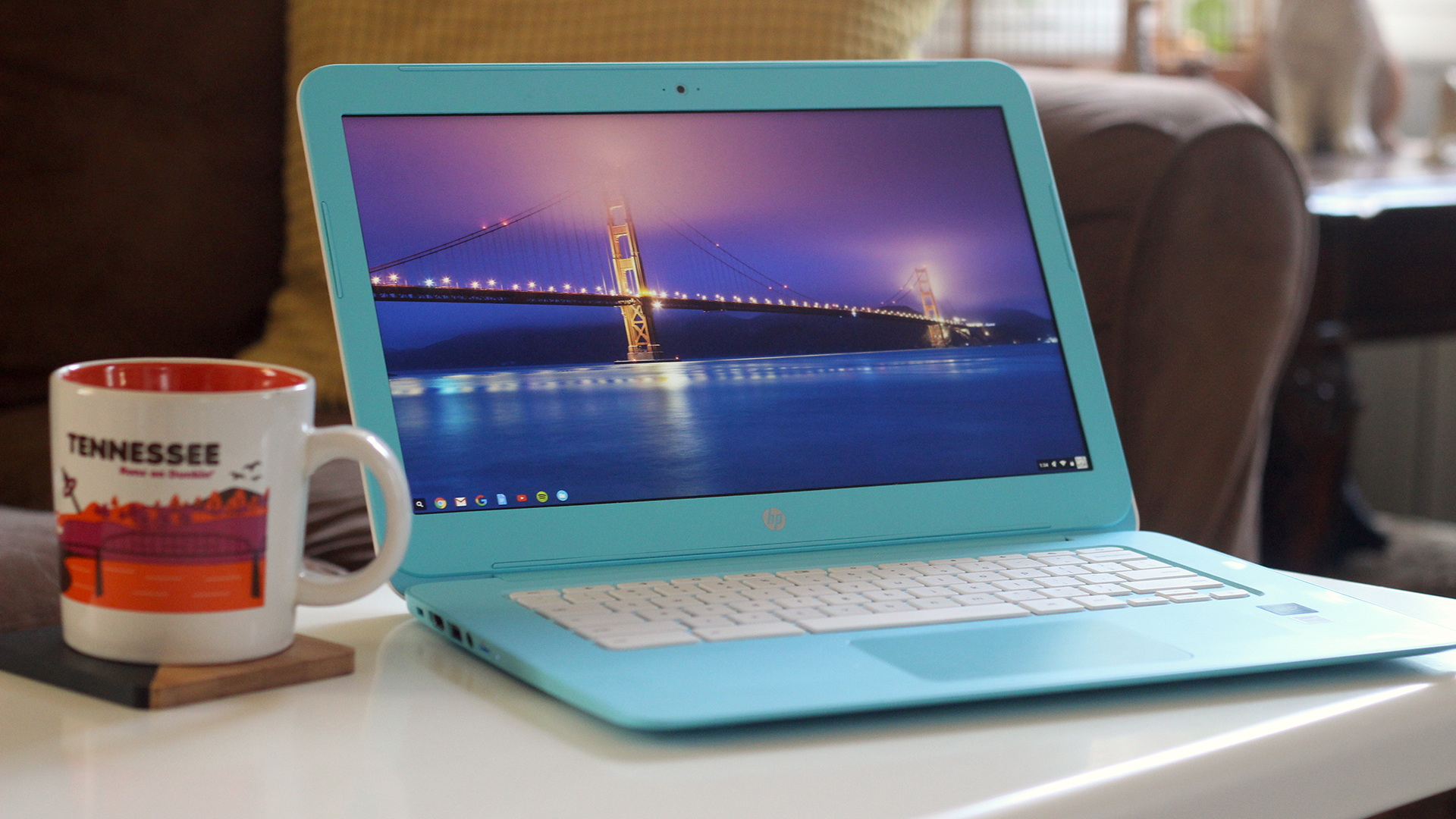Here's why I am moving to Google's Chromebook
Bye, bye Windows?

I've been a Microsoft OS user for nearly a quarter of a century, tinkering with DOS, Windows 3.1, Windows 95 and all the way to Windows 10. I have used hundreds of Win32 applications over the years and consider myself to be a hardcore Windows fan.
I am now contemplating moving to Chrome OS, Google's browser-based operating system, which would probably the biggest decision of my life (well outside family, of course).
Chrome OS is all that I would have wished from a desktop operating system. That is a statement that is likely to attract a fair share of criticism from Windows aficionados but all I can tell is, have a try. Either buy one secondhand from Ebay or from a high-street retailer, have a go and if you don't like it then return it for a full refund.
On that, Google should have certainly have a try-before-you-buy scheme or at the very least, the ability to get an easy, no-fuss, simple and foolproof way to test drive Chrome OS on your existing computer. You can already do it with Ubuntu, so why not with Chrome OS.
So compared to full-fat Windows, Chrome OS feels like a breath of fresh air (disclaimer: I have been using Windows 10 Insider on my main PC for more than a year now). It boots faster, is far more responsive, shuts down faster, updates faster and warm-starts faster.
Chrome - as a browser - suspiciously performs far faster under heavy load compared to its Windows version. By heavy load, I mean dozens of tabs: so many tabs that you only see the favicons. Clearly tieing up the browser and the operating system has some serious performance implications (not something that Microsoft ignored in the past, like 18 years ago).
Oh and I am not comparing apples to apples: The Chromebook I am using is an Atom-based £199 laptop with 4GB of RAM and an Atom processor. My current Windows 10 laptop being pegged against it is a Dell XPS 13 that retails for four times the price and sports with an Intel Core i5 and 8GB of RAM.
Are you a pro? Subscribe to our newsletter
Sign up to the TechRadar Pro newsletter to get all the top news, opinion, features and guidance your business needs to succeed!
A surprisingly gentle learning curve
It is still early days for me and yes, there are some idiosyncrasies I need to get used to - like the lack of a real power button, function keys, Caps Lock, print screen and other keyboard keys - one that I've taken for granted for decades when using Windows.
But all these are part of the necessary learning curve when embracing a new operating system and I am certain that I will hit a wall sooner rather than later (e.g. finding a good vector-based solution)*. More importantly, it will almost certainly require me to rework my workflow, forcing me to think in terms of cloud/thin clients.
Chrome OS is certainly not perfect: you can't make calls with Skype, it freezes from time to time and there are still plenty of historical issues such as a lack of desktop-grade apps, no proper file manager etc.

But things will change soon as Google finally accomplishes its long term goal: merging its two OSes - Chrome OS and Android.
The first signs are already here and it can certainly only be a matter of time before Chrome OS becomes the desktop version of Android (basically what RemixOS is), something predicted in July 2009 and confirmed by Google in November that year.
Ironically, Chrome OS is for desktop what Windows Mobile is for mobile - an operating system that works really well on limited resources, is not bloated compared to the other leading OS (Android and Windows respectively) but fails to get traction.
For now, I shall wait eagerly for the release in the UK of the HP Chromebook 13 G1.
* on that note, I find it troubling that there are so few open source Android apps. Could the OS - which ironically has Open Source at its core - be stifling/damaging the very movement that spawn it?

Désiré has been musing and writing about technology during a career spanning four decades. He dabbled in website builders and web hosting when DHTML and frames were in vogue and started narrating about the impact of technology on society just before the start of the Y2K hysteria at the turn of the last millennium.